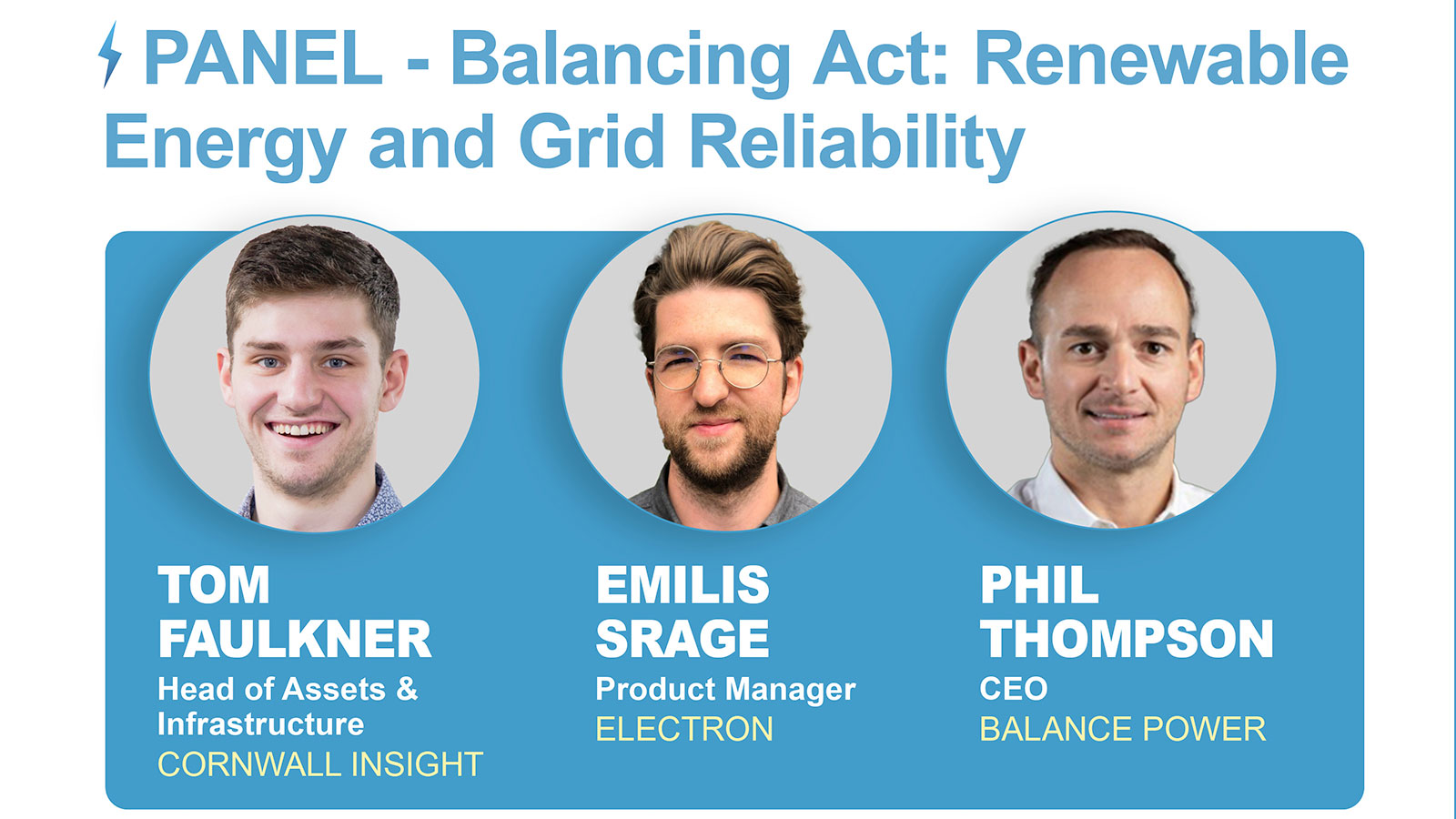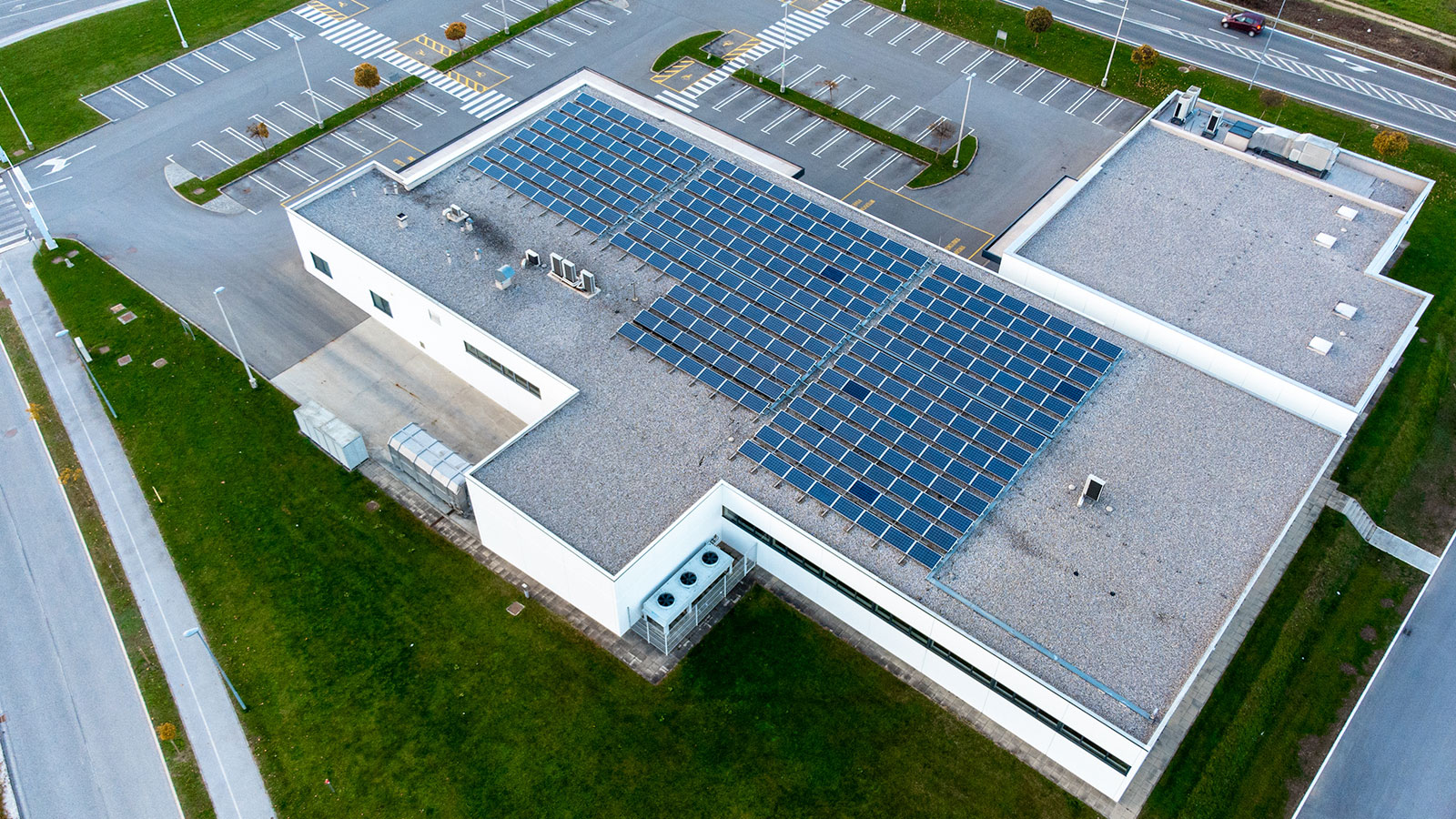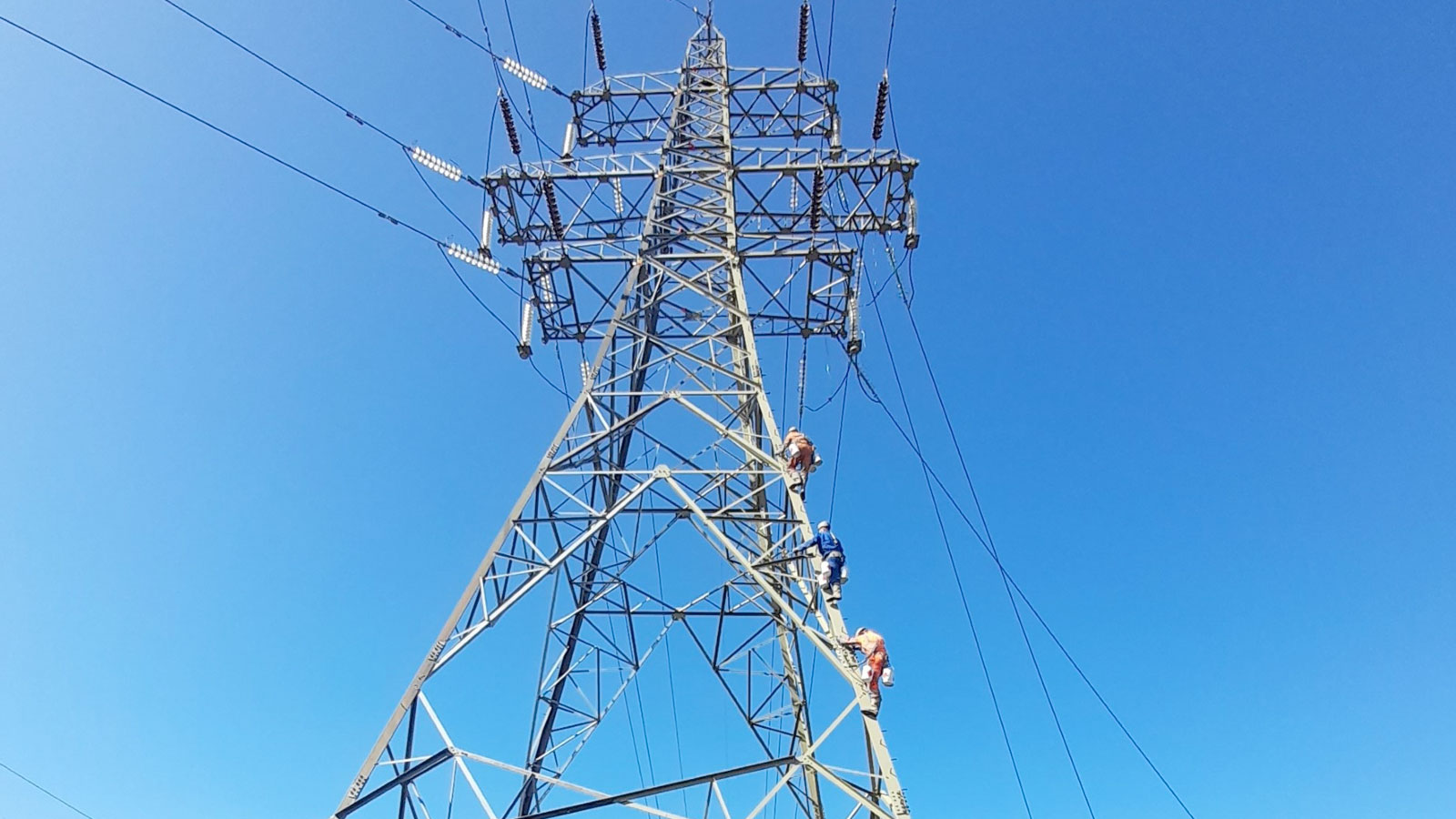Adding to the list
Three down – three to go. A year ago, each of the Big Six were identifying sites, forming partnerships, all designed to demonstrate enthusiasm to build new nuclear power stations. But ever since then enthusiasm is diminishing, especially as each observes the financial problems in France and Finland, the only countries in Western Europe trying to build anew.
Now Scottish & Southern has announced unequivocally it is no longer interested in nukes. Both RWE and Eon have stated that the decision, by their own government in Germany to rule out nuclear, seriously circumscribes them.
Which leaves Centrica heavily under attack from large shareholders for contemplating such a proven loss-making path. And Scottish Power, based in the nuclear free zone of Scotland, but receiving at best conflicting priority signals from its Madrid-based parent, Iberdrola – where the Spanish government is at best equivocal.
Last of all is the nuclear flagship, Electricite de France. Largely owned by the French government, facing hostile opinion polls, and a change of Presidency next May with the Socialist challengers determined upon a nuclear moratorium.
I suspect that the ‘three down’ on willingness to build new nukes, will shortly be added to. Ministers may soon be singing the old song: ”Who can I turn to, when nobody needs me?”
Saluting bravery
Each year the Association of Electricity Producers hosts a banquet for three hundred guests in the City of London. Sadly, this years will be the last such event. The Association’s chairman, Martin Lawrence of Electricite de France, began the festivities by announcing that, earlier that day, members had voted by 94% in a confidential ballot to dissolve it.
Somewhat threateningly, Lawrence added he knew precisely who the few dissenters had been – a threat that led guest of honour Charles Hendry, the junior energy minister, to comment the North Korean government might learn much from the way the industry operates.
Why are the Producers committing harakiri? It seems for the same reason that, at the end of November, led the Energy Retailers Association to fold. The publicity arm, Energy UK, headed by former BBC reporter Christine McGourty, is to be scrapped. And the United Kingdom Business Council for Sustainable Energy is starting dissolving itself, placing directorDavid Green OBE on extended sickness leave.
Each of the Big Six has apparently become fed up with having to fund a whole series of separate organisations. Between them they have decided to pull the plug on all the various external entities which purport to speak on behalf of the electricity industry. And instead to recreate the all-purpose Electricity Council, dissolved at the time of privatisation in the early 1990s.
Except one. Whilst all the other front organisations have acceded meekly, there is one that is being distinctly bolshie. Despite all the arm-twisting, the Electricity Networks Authority has voted to continue in existence.
How long this Unilateral Distinction of Independence from those who run the Networks can continue remains to be seen. But I salute these brave souls for continuing to withstand the pressures from the North Korean lookalikes now running the electricity industry.
Humble apology
Last month I highlighted the incompetence at the Department of Energy & Climate Change (DECC), causing the last minute aborted launch of the Renewable Heat Incentive. The debacle was entirely due to a failure to apply in time to obtain clearance from the competition authorities at the European Commission for what is indubitably a market- distorting scheme. Consequently the scheme had to be withdrawn less than 24 hours before it was due to begin.
I commented it was wrong to call for the minister to resign. The blame for this nonsense lay squarely within the senior ranks of the civil service. So I duly called for the Department’s director general, Simon Virley, to – in the time-honoured phrase – consider his position.
Friends of Mr Virley have been in touch. It has been pointed out he is not the only director-general at DECC. Apparently he has an opposite number, with an identical rank but apparently undertaking other duties within the department. The doppelganger is a Welshman, called Philip Wynn Owen.
I have asked around, and nobody else seems either to have seen or heard of him before. But according to the official records not only does Mr Owen exist, he is also the senior official in charge of the Renewable Heat Incentive.
No question. I must issue my humble apologies to Simon Virley for questioning his competence so unfairly. And must issue an immediate challenge to the hitherto obscure Mr Owen to consider his own position instead.
Reducing not eliminating
The feed in tariff is a truly bizarre scheme. It is designed to reduce carbon emissions by encouraging all kinds of microgeneration. Instead it incentivises predominantly the technology which has much the highest cost of carbon abatement, namely PV. Almost all other low and zero carbon technologies are more cost effective at reducing carbon.
The solar PV feed in tariff is a poison pill left by the last Labour government, entirely based upon poor analysis and significant lobbying from the PV industry. Now the inevitable is happening, and government is seeking to reduce – not eliminate, reduce the levels of the bribes, the vested interests are complaining. My response to those who have been caught out by not signing up for this boondoggle early enough is :”If it looks to good to be true, it probably is”. Caveat emptor.





